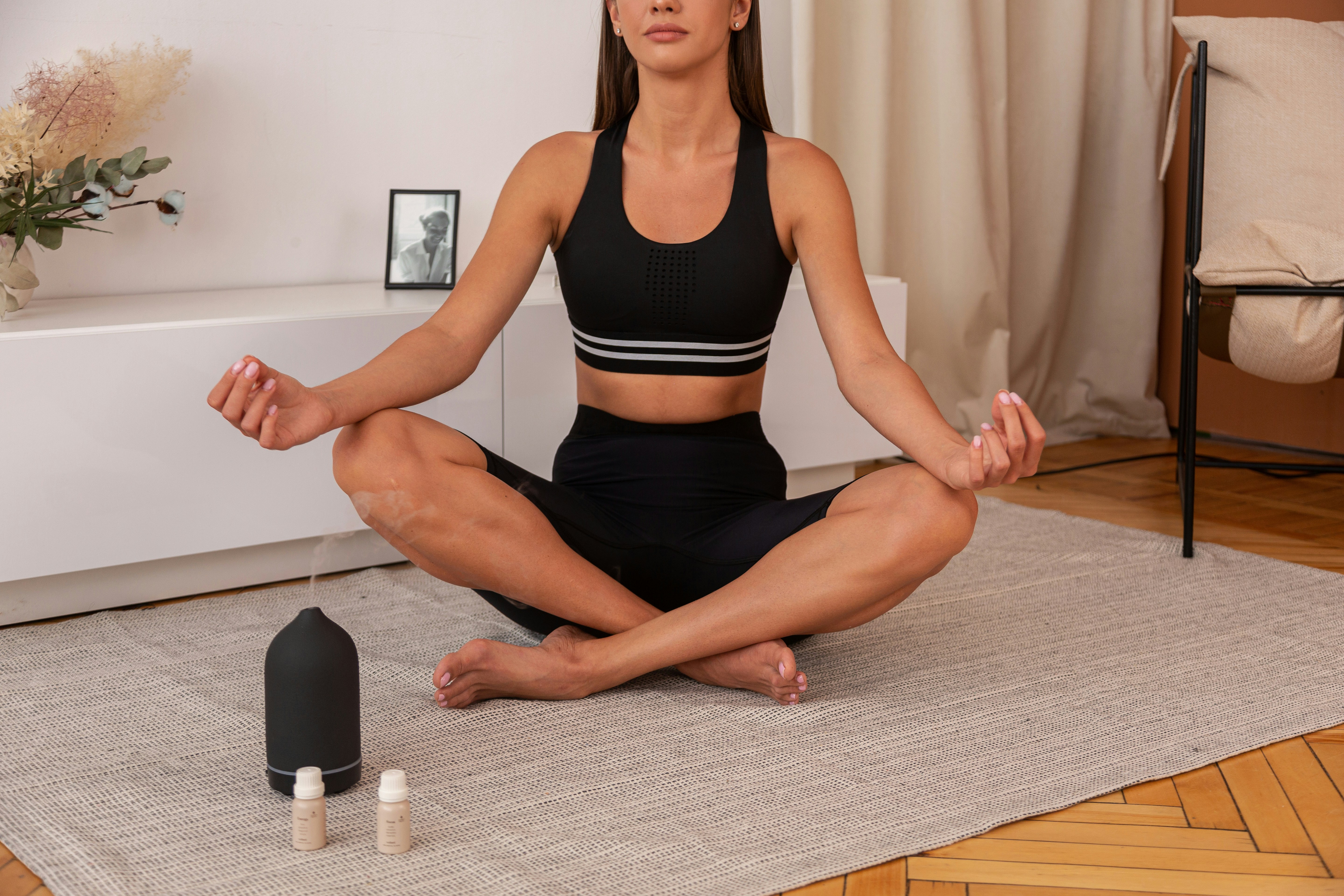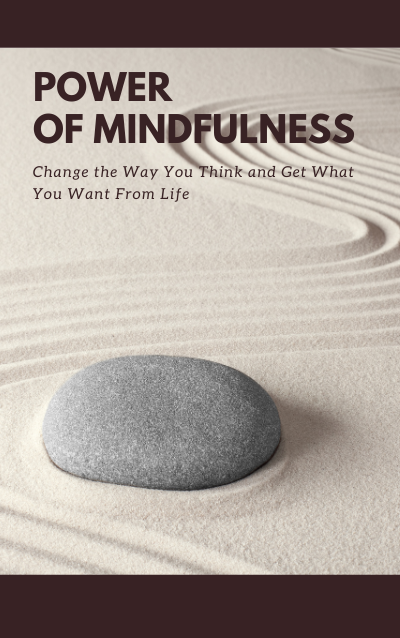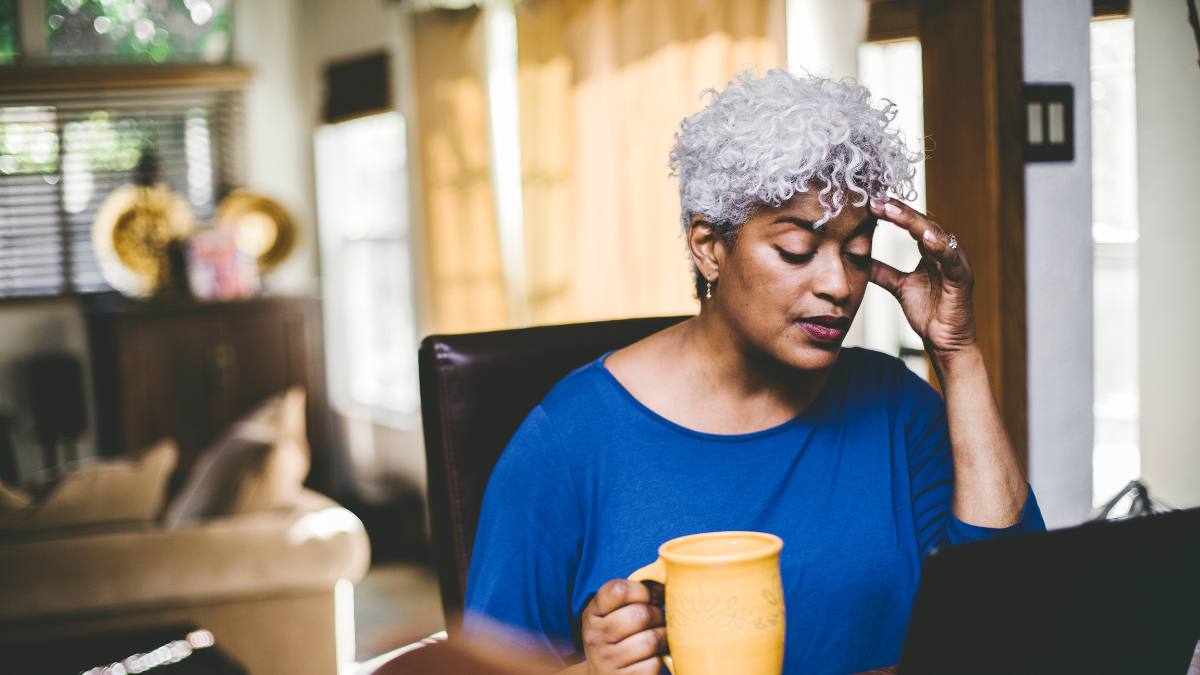Have you ever wondered how mindfulness can transform your daily life and professional practice, especially if you’re in the field of medicine?
Mindfulness and Medicine: Insights from Stephanie Lee
Mindfulness and medicine may seem like two distinct worlds, but Dr. Stephanie Lee, a psychiatry resident at Good Samaritan Regional Medical Center in Corvallis, Oregon, seamlessly blends these realms. Dr. Lee has been passionately involved in the practice and teaching of mindfulness meditation, which she believes can significantly enhance both personal well-being and professional efficacy.
Stephanie Lee’s Journey into Mindfulness
Since 2010, Stephanie Lee has embraced the practice of mindfulness meditation, a decision that has profoundly shaped her life and career. Her journey in mindfulness deepened through immersive meditation retreats, where she gained a richer understanding of mindfulness and its potential benefits.
In 2015, she began teaching mindfulness practices, sharing her insights and experiences with others. Her dual roles as a practitioner and instructor offer her a unique perspective on the impact mindfulness can have both personally and professionally.
Understanding Mindfulness
Mindfulness isn’t merely a trendy buzzword; it is a practice rooted in conscious, non-judgmental awareness of mental, physical, and spiritual phenomena. This practice involves fully accepting the present moment without the inclination to over-analyze or resist what is happening.
| Key Components of Mindfulness | Description |
|---|---|
| Conscious Awareness | Being fully aware of your thoughts, feelings, and sensations without being overwhelmed by them. |
| Non-judgmental Observation | Observing experiences with an open mind, without labeling them as good or bad. |
| Acceptance of the Present Moment | Embracing the current experience without wishing it to be different. |
Benefits of Mindfulness
Mindfulness is more than a stress-reduction tool; it’s a path to self-awareness and alignment with a higher version of yourself. Here are some notable benefits:
Enhanced Self-Awareness
Mindfulness enhances your self-awareness, helping you recognize your habits, thoughts, and emotions from an objective standpoint. This awareness allows you to make intentional choices aligned with your well-being and values.
Improved Health Outcomes
Mindfulness can lead to healthier choices, particularly in managing chronic conditions. For instance, individuals with hypertension might find that mindfulness can improve their eating habits and overall lifestyle, thereby positively influencing their health outcomes.
Combatting Burnout and Increasing Compassion in Medicine
In the high-pressure field of medicine, burnout is a real and pressing issue. Incorporating mindfulness into medical practice can help decrease burnout, foster greater compassion for patients, and reduce the moral injury experienced by healthcare providers.
| Area | Benefit |
|---|---|
| Self-Awareness | Aligns individuals with a higher version of themselves. |
| Health Management | Encourages healthier lifestyle choices and improves health outcomes. |
| Professional Practice | Reduces burnout, increases compassion, and lessens moral injury for physicians. |
Integrating Mindfulness into Daily Life and Medicine
Stephanie Lee emphasizes that mindfulness can be woven into the fabric of everyday life. By incorporating mindfulness into daily activities, you can foster a sense of calm and presence even amidst the busyness of life.
Teaching and Practicing Mindfulness
Dr. Lee extends her practice to teaching mindfulness to others, including fellow healthcare professionals. She believes that integrating mindfulness into medical training is crucial, promoting a culture of humility and openness that enhances both learning and patient care.
Challenges of Mindfulness Commercialization
One of the major concerns today is the commercialization of mindfulness, which threatens to dilute its true meaning and essence. Dr. Lee worries that as mindfulness gains popularity, its practice might become oversimplified and lose its depth.
| Challenge | Concern |
|---|---|
| Commercialization of Mindfulness | Dilution of mindfulness’s true meaning and essence. |
Personal Observations and Recommendations
Dr. Lee has observed that mindfulness can bring increased insight, meaning, and joy to those who practice it. She recommends guided meditations as an entry point for newcomers and suggests setting timers to ensure uninterrupted practice sessions.
Encouragement for Consistent Practice
Consistency is key when it comes to reaping the long-term benefits of mindfulness. Dr. Lee encourages regular practice, reassuring that mindfulness can be practiced anywhere and at any time. Though it may be challenging at first, perseverance is essential.
| Recommendation | Purpose |
|---|---|
| Guided Meditations | Provides structure and guidance for beginners. |
| Setting Timers | Helps prevent interruptions during practice. |
| Consistent Practice | Ensures long-term benefits and deeper mastery. |
Final Thoughts
Mindfulness, especially when integrated into medicine, offers profound benefits. Dr. Stephanie Lee’s insights highlight how this practice can improve self-awareness, enhance health outcomes, and reduce professional burnout—all while cultivating a compassionate approach to patient care.
By exploring and committing to mindfulness, you too can transform your personal and professional life, reaping the myriad rewards it offers. As you engage with mindfulness, remember the importance of maintaining its true essence, steering clear of the pitfalls of commercialization, and embracing the journey with humility and openness.
Staying consistent, setting realistic goals, and being patient with yourself will help you harness the full potential of mindfulness. Whether you’re in the field of medicine or any other profession, mindful living can pave the way to a more fulfilling and balanced life.
Editor’s Note: The views expressed in this article are the author’s own and do not necessarily represent those of The DO or the American Osteopathic Association (AOA).







